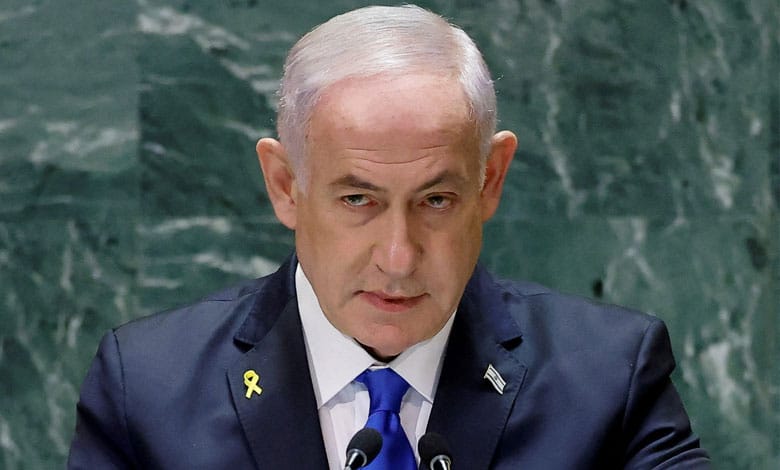Historic Ceasefire Deal Between Israel and Hezbollah: Key Terms of the Agreement
Israel and Lebanon’s Hezbollah group have reached a historic ceasefire agreement, brokered by the United States, aimed at bringing an end to the deadly conflict that has displaced over 1.2 million people and resulted in thousands of casualties.

Israel and Lebanon’s Hezbollah group have reached a historic ceasefire agreement, brokered by the United States, aimed at bringing an end to the deadly conflict that has displaced over 1.2 million people and resulted in thousands of casualties. The agreement, which came into effect early Wednesday (Israel time), calls for a 60-day ceasefire and outlines specific conditions for both sides.
Table of Contents
Key Terms of the Agreement:
The ceasefire, which marks a critical step toward de-escalation, is set to last for two months, during which time Israeli forces will pull back to their side of the border, and Hezbollah will cease its military presence in southern Lebanon. The deal also stipulates the deployment of Lebanese soldiers and UN peacekeepers in the region south of the Litani River to monitor the situation and ensure compliance.
An international monitoring group, led by the United States, will oversee the implementation of the agreement. U.S. President Joe Biden expressed hope that the deal would pave the way for a lasting cessation of hostilities. “This is good news,” Biden said, emphasizing the importance of achieving peace in the region.
Also Read: FEMEN Group’s Protest in Paris Sparks Controversy: Video
However, a contentious provision has emerged within the agreement: Israel reserves the right to take military action if Hezbollah violates the terms of the ceasefire. This clause has been met with strong opposition from Lebanon, which argues that it undermines the country’s sovereignty and could lead to further escalation. Hezbollah has not fully endorsed the deal, with its leaders insisting that their support depends on assurances that Israel will not resume its attacks.
Reactions from Global Leaders:
The U.S. and U.K. have both hailed the ceasefire deal as a significant breakthrough. President Biden described it as “a positive development,” while UK Prime Minister Keir Starmer called it “long overdue.” Starmer further emphasized the importance of reaching similar agreements to address the ongoing conflict in Gaza, where hostilities between Israel and Hamas continue.
Hezbollah’s Conditions:
While Hezbollah’s leadership has indicated preliminary support for the deal, their final endorsement depends on the assurance that Israel will halt its military actions in the region. Mahmoud Qamati, a senior Hezbollah leader, stressed that the group’s approval would be contingent on whether Israel follows through on its commitments. “We want an end to the aggression, of course, but not at the expense of the sovereignty of the state of Lebanon,” Qamati told Al Jazeera.
Limited Impact on Gaza Conflict:
It’s important to note that the ceasefire deal does not directly address the ongoing conflict in Gaza. Hezbollah has previously stated that it would only halt its attacks on Israel if the Israeli military ceases its operations in Gaza, where over 3,700 Lebanese civilians and more than 130 Israelis have been killed since the conflict began. The war, sparked by Hamas’ deadly attack on southern Israel in October 2023, shows no signs of ending soon, with ongoing violence and casualties on both sides.
In summary, while the ceasefire agreement between Israel and Hezbollah represents a positive step toward peace in Lebanon, it remains a fragile truce. The involvement of international monitors, along with Hezbollah’s demands for Israeli compliance, indicates that much remains to be seen about the sustainability of this deal in the coming weeks.
